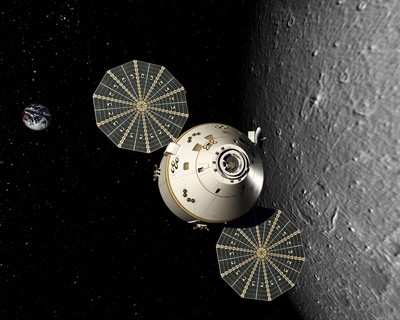Sun, Apr 22, 2007
Advertisement
More News
 Aero-News: Quote of the Day (11.18.25)
Aero-News: Quote of the Day (11.18.25)
“Setting eight speed records this quickly following its August entry into service is a powerful testament to the tremendous capabilities of this aircraft. We are already seei>[...]
 ANN's Daily Aero-Term (11.18.25): On-Course Indication
ANN's Daily Aero-Term (11.18.25): On-Course Indication
On-Course Indication An indication on an instrument, which provides the pilot a visual means of determining that the aircraft is located on the centerline of a given navigational t>[...]
 ANN's Daily Aero-Linx (11.18.25)
ANN's Daily Aero-Linx (11.18.25)
Aero Linx: WW1 Aeroplanes, Inc. WORLD WAR 1 AEROPLANES was founded by Leo Opdycke in 1961 and incorporated as a federally recognized 501 (c) (3) not-for-profit corporation in 1979,>[...]
 NTSB Final Report: Shoemaker Ronald R Pazmany PL-2
NTSB Final Report: Shoemaker Ronald R Pazmany PL-2
Pilot Reported That He Purchased The Airplane Earlier That Day Analysis: The pilot reported that he purchased the airplane earlier that day and completed a condition inspection tha>[...]
 Airborne-NextGen 11.18.25: Dream Chaser Preps, Joby eTurbine, UAE Flt Test
Airborne-NextGen 11.18.25: Dream Chaser Preps, Joby eTurbine, UAE Flt Test
Also: Abu Dhabi’s 1st Vertiport Network, Anduril-EDGE Partner, Vertical Permit/eVTOL Regs Sierra Space’s Dream Chaser spaceplane has cleared another round of pre-flight>[...]
blog comments powered by Disqus




